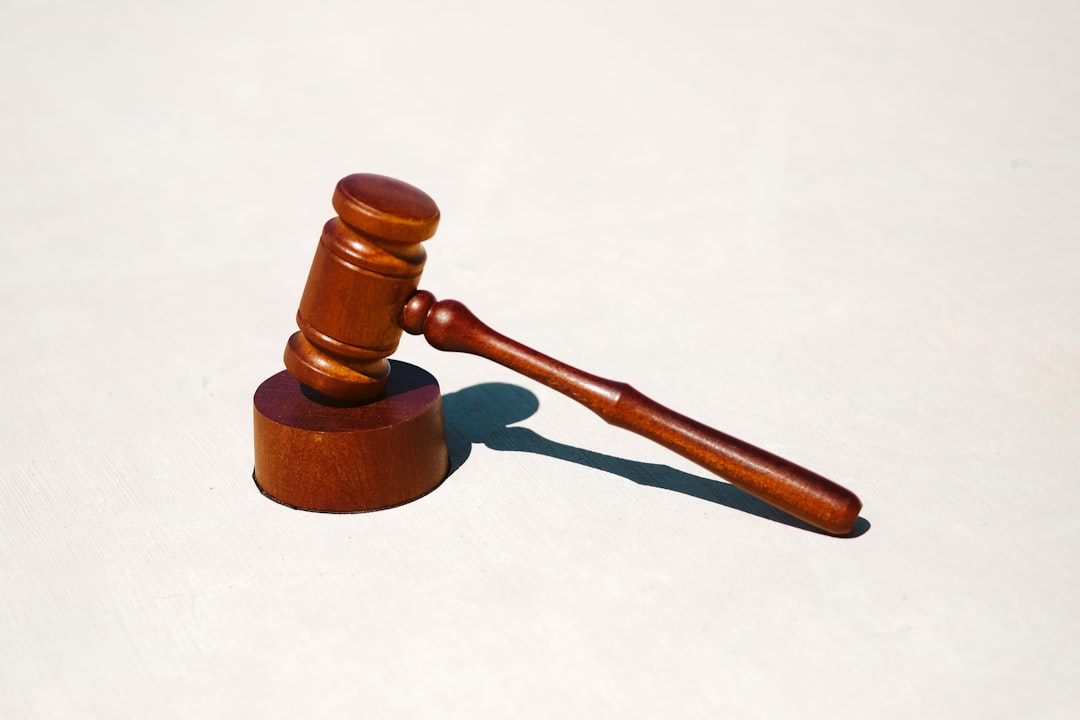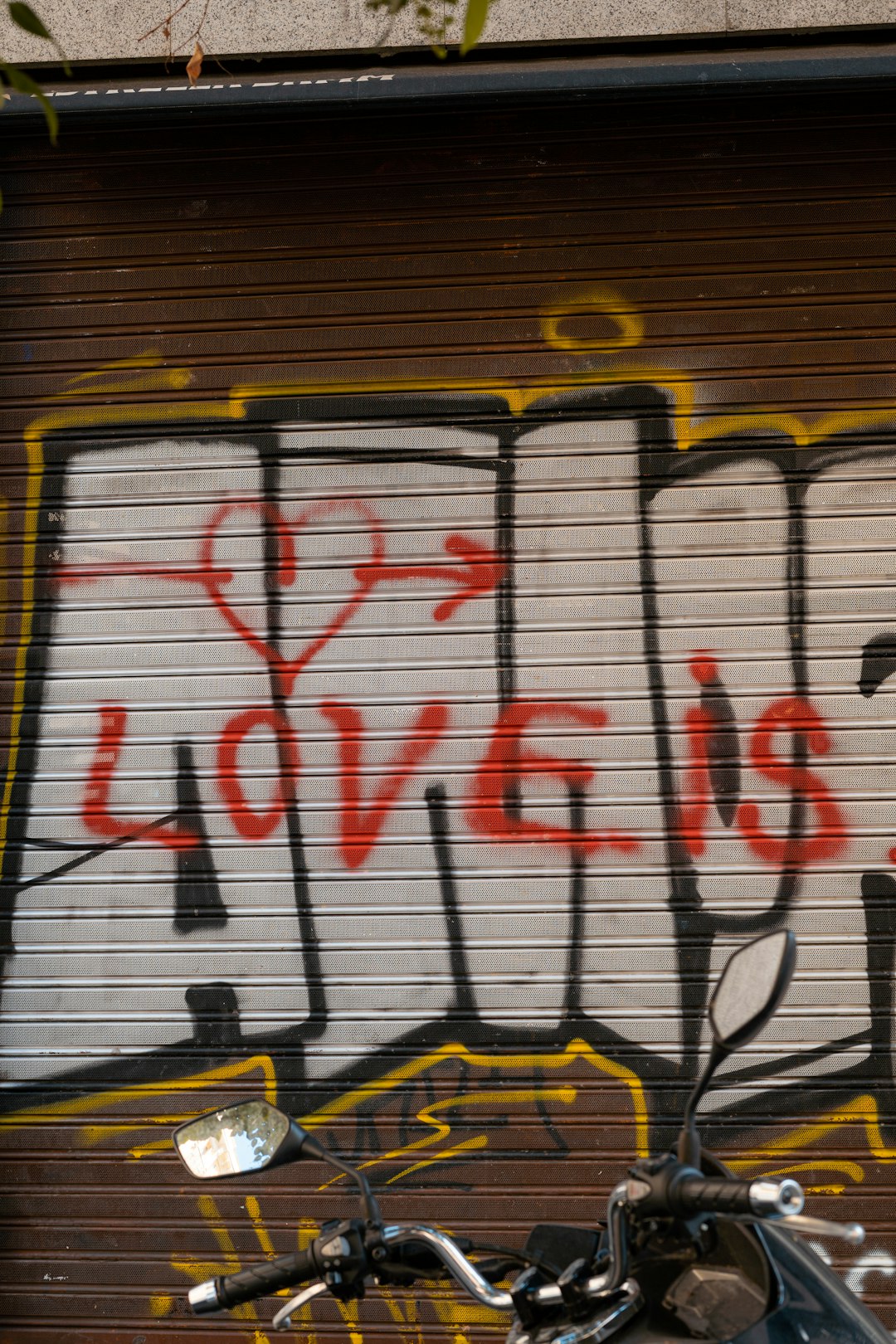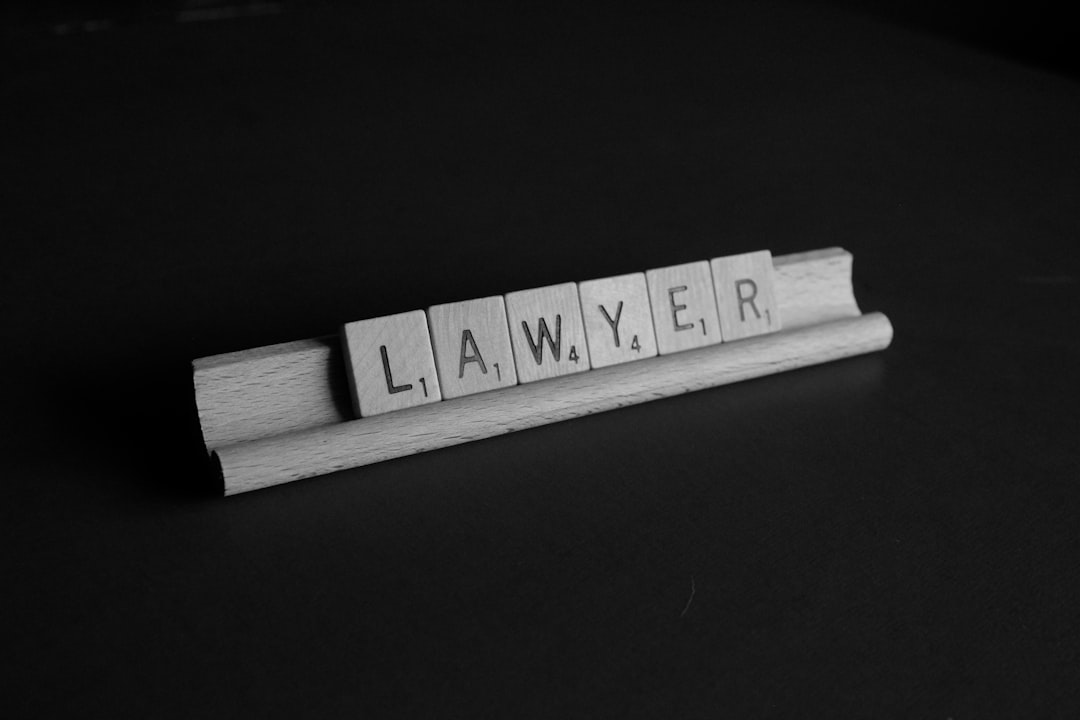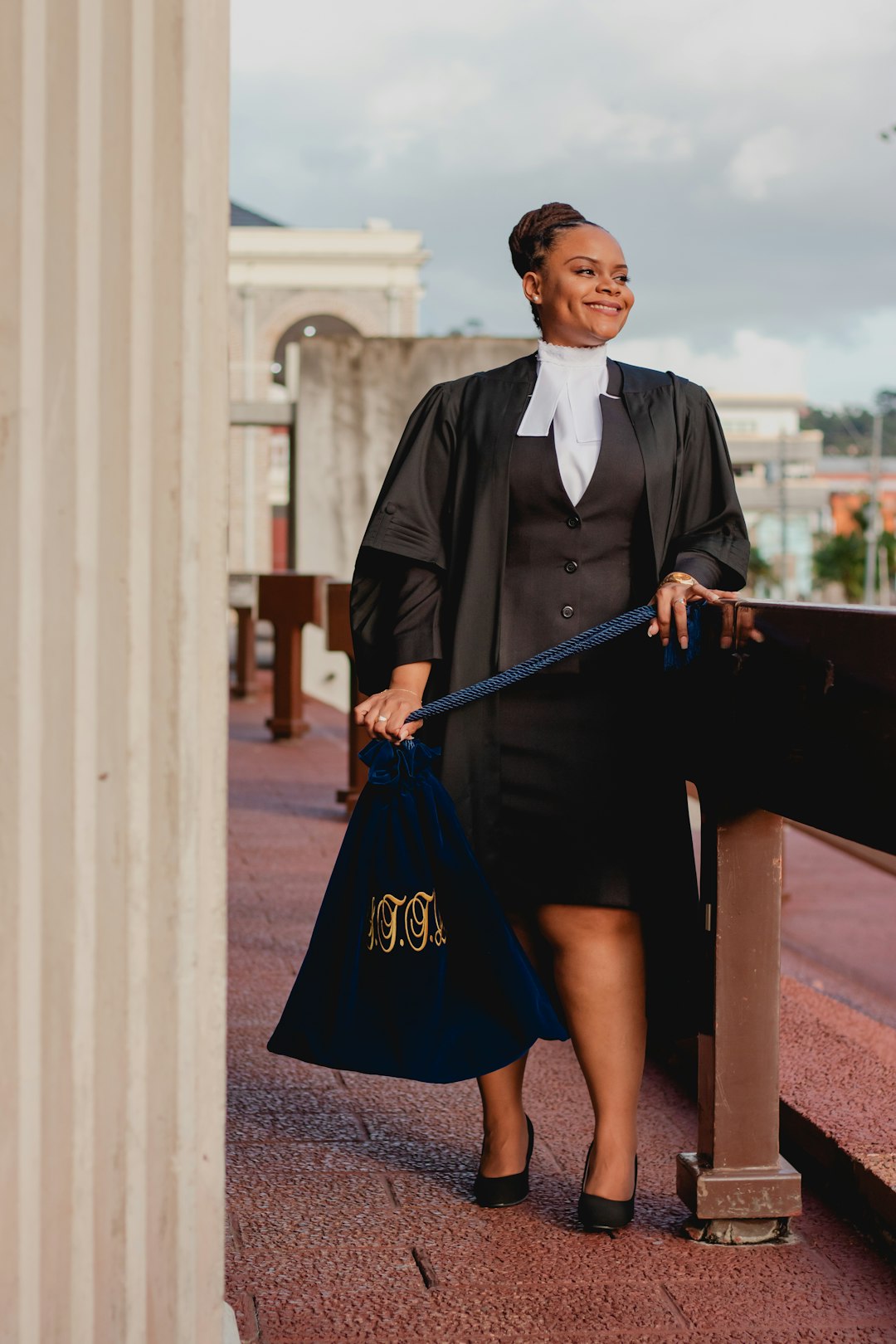St. Louis embraces Restorative Justice (RJ) to transform education and community healing, shifting from punitive measures to dialogue and reconciliation. This initiative tackles sensitive issues like sexual assault by training staff in empathy and accountability. Sexual assault lawyers in St. Louis MO play a crucial role, offering specialized knowledge in handling student sexual misconduct cases, collaborating with educators to promote respect and healing. Restorative programs aim to create safe, supportive learning environments, foster empathy, and prevent future incidents, with success measured by decreased suspension rates, improved student engagement, and enhanced school climate.
In St. Louis, Missouri, schools are adopting restorative justice programs to foster safer and more supportive learning environments. This comprehensive approach goes beyond traditional punishment, focusing on healing relationships and empowering students. The article explores how sexual assault lawyers play a pivotal role in these initiatives, offering expertise that addresses sensitive issues like student safety. We delve into effective strategies for restoration, community engagement, and measurement of impact, highlighting St. Louis’s commitment to transforming educational experiences.
Understanding St. Louis' Restorative Justice Approach

In recent years, St. Louis has been making strides in its educational system by implementing Restorative Justice (RJ) practices. This approach focuses on healing and reconciliation, addressing disciplinary issues as opportunities for growth and understanding rather than simply punishment. By fostering open dialogue between students, teachers, and affected parties, RJ aims to disrupt the cycle of violence and create a safer, more supportive school environment.
The city’s Restorative Justice initiative extends beyond individual schools; it reflects a broader commitment to community healing, particularly in light of sensitive issues like sexual assault. St. Louis’ approach involves training faculty and staff in RJ principles, encouraging empathy and accountability. This proactive strategy not only addresses immediate disciplinary needs but also equips students with essential life skills for conflict resolution and healthy relationships, potentially reducing the need for future legal interventions, including those handled by sexual assault lawyers in St. Louis MO.
The Role of Sexual Assault Lawyers in School Programs

In the context of restorative programs aiming to create safer and more supportive learning environments, the role of sexual assault lawyers in St. Louis, MO, cannot be overlooked. These legal professionals bring a unique perspective by offering expertise in handling sensitive cases involving student sexual misconduct. They contribute to school programs by ensuring fair and just processes, providing guidance on legal rights and responsibilities, and promoting understanding of the complexities surrounding such incidents.
By collaborating with educators and counselors, sexual assault lawyers in St. Louis MO help implement effective policies and procedures that foster a culture of respect and accountability. Their involvement enhances the overall effectiveness of restorative practices, empowering students to take ownership of their actions while also offering support and healing for victims. This collaborative approach ultimately strengthens the school community as a whole.
Restoring Safety: Strategies for Student Support

Restoring safety in schools is paramount, especially after traumatic events like sexual assault. St. Louis MO schools have implemented restorative programs to create a healing environment for students affected by such incidents. These programs focus on building trust and understanding through open dialogue, peer support, and trauma-informed practices.
Sexual assault lawyers St. Louis MO often collaborate with school administrators and counselors to ensure that students receive the necessary legal advocacy and emotional support. Restorative approaches encourage active participation from all parties involved, fostering a sense of accountability and empathy. By addressing underlying issues and promoting positive interactions, these strategies aim to prevent future incidents and create a safer learning space for every student.
Community Engagement in School Safety Initiatives

In the pursuit of enhancing school safety, restorative programs in St. Louis schools actively involve the community. This collaborative approach recognizes that fostering a secure learning environment extends beyond school walls and requires the participation of parents, lawyers specializing in sexual assault cases in St. Louis MO, local organizations, and law enforcement. By engaging with these stakeholders, schools can implement more comprehensive and effective safety initiatives tailored to the specific needs and concerns of their communities.
Community engagement plays a pivotal role in identifying potential risks and developing sustainable solutions. It encourages open dialogue, increases awareness about issues like sexual assault, and promotes collective responsibility for student well-being. Through partnerships with local legal experts and community leaders, schools can ensure that safety protocols are not only robust but also culturally sensitive and accessible to all students.
Measuring Success: Evaluating Restorative Programs' Impact

Restorative programs in St. Louis schools aim to create a safe and supportive environment for all students, and measuring their success is crucial. These initiatives often go beyond traditional disciplinary methods by focusing on healing and reconciliation after incidents like sexual assault. By implementing restorative practices, schools can foster a culture of empathy, accountability, and positive relationships among peers, teachers, and staff.
Evaluating the impact involves tracking key indicators such as decreased suspension rates, improved student engagement, and enhanced school climate. Sexual assault lawyers in St. Louis MO also play a vital role by contributing to these programs’ success through legal advocacy and ensuring that victims receive the support and justice they deserve. This holistic approach not only benefits individual students but also transforms the overall educational experience for the entire community.





